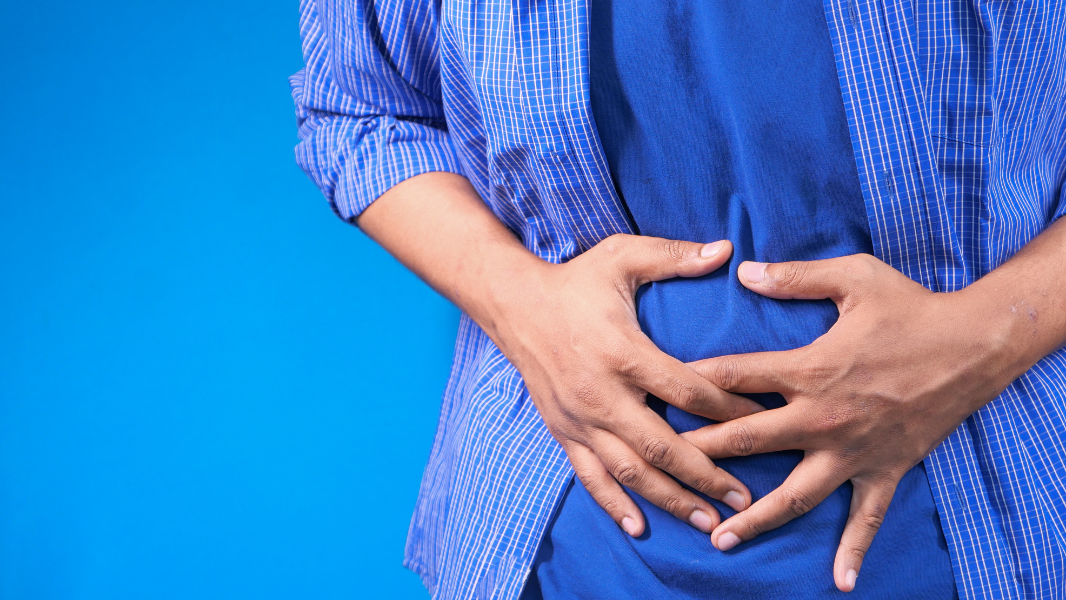TL;DR
For routine “detox” or wellness? Skip it. There’s no good evidence a colon cleanse boosts energy, burns fat, clears skin, or does anything your body isn’t already doing. There are real risks (dehydration, electrolyte mess‑ups, infections, even perforations). Colon “cleansing” is useful only when your doctor needs a squeaky‑clean view of your insides for a colonoscopy—and that uses specific medical bowel‑prep solutions, not boutique hoses and herbal brews. PubMedMayo Clinic
First things first: what people mean by “colon cleanse”
Two broad buckets:
-
Colonics / colon hydrotherapy: A technician flushes large volumes of fluid through a tube in your rectum to “wash out toxins.”
-
DIY enemas or “detox” products: Smaller volumes or pills/teas that promise to purge gunk.
The pitch: your gut is like a clogged pipe and needs periodic power‑washing. The science: that metaphor just doesn’t hold up. A 2009 systematic review found no methodologically rigorous trials showing health benefits for general wellness. In contrast, plenty of reports describe adverse events. PubMed
But my friend swears they felt “lighter” after
Short‑term “ahhh” often equals temporary water loss and bowel emptying, not toxin removal. Your digestive system, liver, and kidneys already detox for free. Major medical sources say routine colon cleansing isn’t needed and can be risky—especially with non‑medical additives like coffee. Mayo Clinic
The risks (this is the part to actually read)
-
Dehydration & electrolyte imbalance (think: dizziness, cramps, heart rhythm issues if severe).
-
Infections (the rectum isn’t a place to introduce questionable liquids or unsterile equipment).
-
Bleeding or perforation (rare, but a literal tear is as bad as it sounds).
-
Coffee enemas are a special red flag—linked to colitis and, in rare reports, deaths. Case reports document serious injury after coffee enemas. Mayo ClinicLippincott Journals
Medical round‑ups have also recorded outbreaks tied to colon‑irrigation clinics and serious complications like septicemia and rectal perforations. This isn’t spa‑day stuff. AAFP
Where a “cleanse” does belong: medical bowel prep
Before a colonoscopy, clinicians prescribe specific solutions (often polyethylene glycol, aka PEG) to clear stool so the camera sees everything. This is not a wellness ritual; it’s a procedure‑specific prep with precise timing and dosing.
2025 guidance from the US Multi‑Society Task Force: use split‑dose regimens (you take part the evening before, part the morning of), and start the second portion 4–6 hours before the procedure, finishing at least 2 hours prior. Low‑volume options (≈2 L) can be just as effective and easier to tolerate for many patients. Your doctor will tailor the exact plan to your risks and meds. PubMedGastro JournalThe ASCO Post
If your real goal is better regularity—not “detox”
Evidence‑based, low‑drama moves beat any cleanse:
-
Fiber up: Aim for ~25–35 g/day from food; add psyllium if needed.
-
Fluids + movement: Hydration and daily activity help stool transit.
-
First‑line laxative: Over‑the‑counter PEG is strongly recommended by GI guidelines for chronic idiopathic constipation (CIC). If that fails, clinicians may consider options like bisacodyl/sodium picosulfate (short‑term), magnesium oxide, linaclotide, plecanatide, or prucalopride—based on your history and preferences. American Gastroenterological AssociationPubMed
When to call a clinician now: constipation lasting >3 weeks, blood in stool, unexplained weight loss, severe or worsening abdominal pain, vomiting, or anemia.
Who especially should avoid non‑medical cleanses
-
Kidney or heart disease (electrolyte swings can be dangerous)
-
Inflammatory bowel disease or prior colon surgery
-
Active infections or immune compromise
-
Pregnancy (don’t improvise here)
These groups face elevated risk from fluid shifts, mucosal injury, or infection. Mayo Clinic
The wellness‑to‑reality translation
-
“Flush out toxins.” → Your body handles toxins fine; cleanses don’t improve the system. Mayo Clinic
-
“Instant debloat.” → Temporary water loss = scale drop, not health gain.
-
“Natural = safe.” → Coffee is “natural,” and coffee enemas have sent people to the ER. Lippincott Journals
-
“Everyone needs a quarterly reset.” → No evidence for that; there is evidence of harm. PubMedAAFP
Bottom line
Outside of doctor‑directed prep for procedures, colon cleanses promise a lot and deliver little—while exposing you to avoidable risk. If you’re chasing less bloat, more regularity, or better workouts, build a consistent routine around fiber, fluids, movement, and (when appropriate) guideline‑supported laxatives. Save the split‑dose purgatives for the day your GI actually needs to look around in there. PubMedAmerican Gastroenterological Association
This article is informational and not medical advice. Talk to your healthcare professional about your specific situation before trying any cleanse or new regimen.




